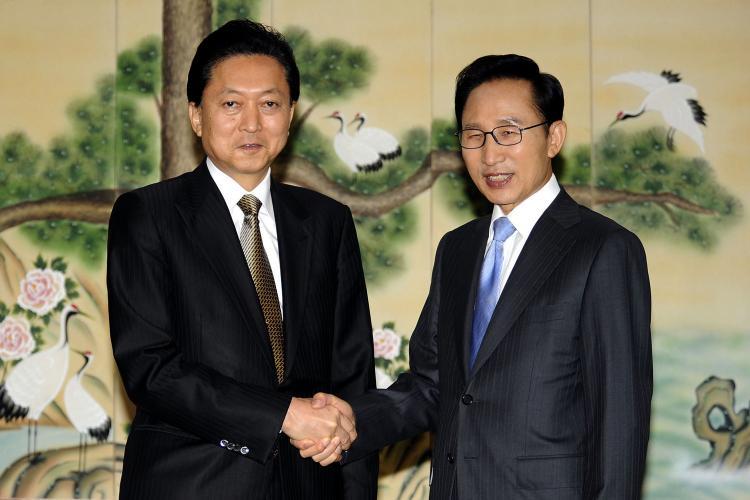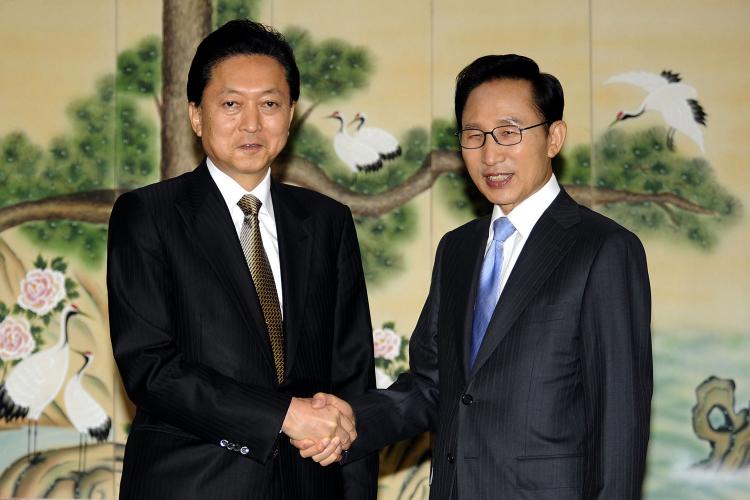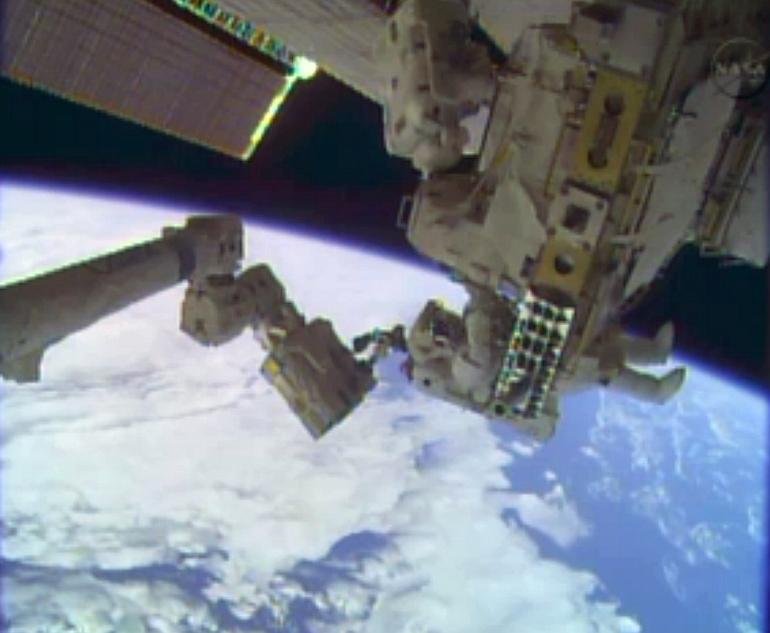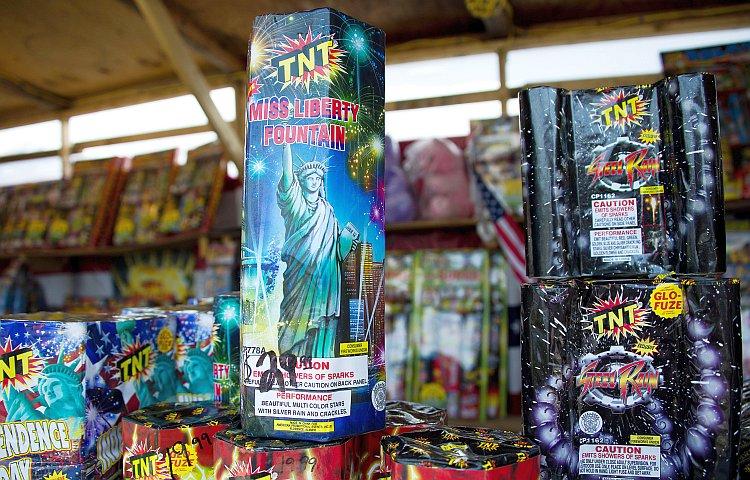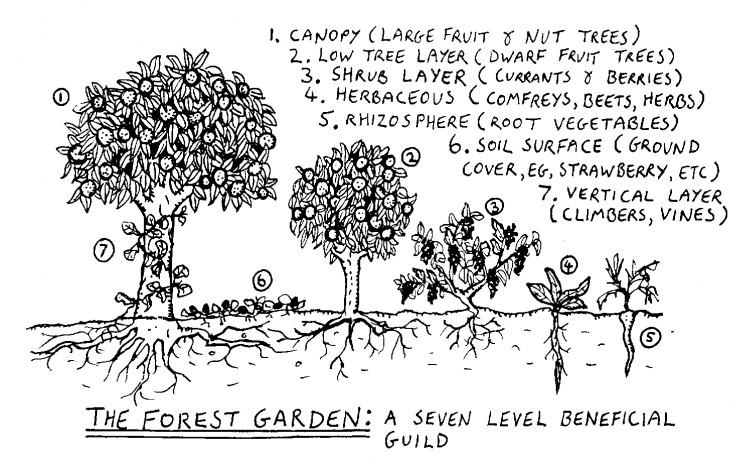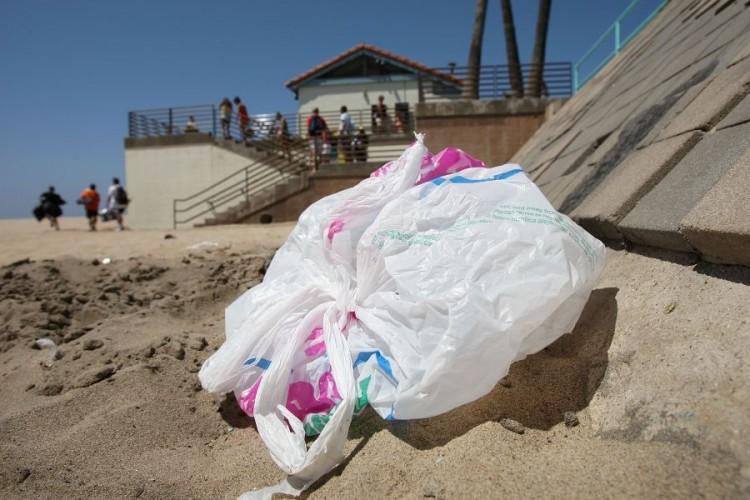China Won’t Censure North Korea
Chinese Premier Wen Jiabao showed no intention of supporting sanctions against North Korea for its attack.
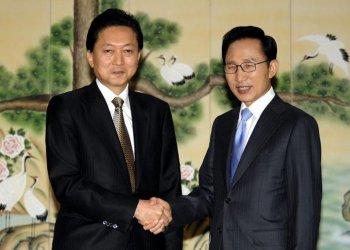
South Korean President Lee Myung-Bak (R) with Japanese Prime Minister Yukio Hatoyama during the East Asian 3 Nations Summit on May 29, in Jeju, South Korea. Chinese Premier Wen Jiabao showed no intention of supporting sanctions against North Korea. Song Kyung-Seok-pool/Getty Images
|Updated:
